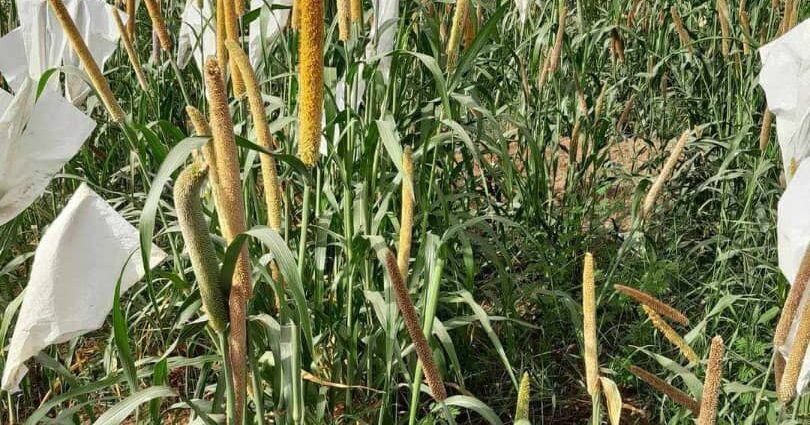Gedaref, Jan 26(Darfur 24)
Thousands of Sudanese plant species face an existential threat, as a result of the war extending to Gezira State in central Sudan.
The main gene bank, which includes 15,000 genetic resources within agricultural research in the city of Madani, was subjected to massive invasions and looting, affecting 35 refrigerators to preserve food and agricultural strains that had been collected over decades.
The Director of the Biotechnology and Biosafety Research Center at the Agricultural Research Authority said: Prof. Talal Sayed Abdel Halim in an interview with “Darfur 24” They launched an initiative to save the fate of these very important genetic resources, but so far they have not found a response on the scale of the real threat facing the entire food security. The refrigerators were completely emptied of the genetic genes that were stored inside them and were thrown away. In the open, the gene bank follows very strict standards in preserving strains by carefully collecting their data, climatic specifications, and geographical locations within the country in accordance with international botanical description standards.
According to Talal; The Rapid Support Forces contacted the initiative and asked them to be addressed through the United Nations Food and Agriculture Organization (FAO). Talal points out that the FAO is moving in accordance with its official address from the Government of Sudan, and the Minister of Agriculture addressed the Sovereignty Council, but there has been no response so far.
Talal notes that any development around the world that affected corn and millet crops relied mainly on Sudanese genes, in addition to sesame and watermelon, pointing out the need for international intervention to save this bank because the damage will not stop at Sudan, but will affect the entire global agricultural system.
The director of the Center for Biotechnology and Safety in Agricultural Research explained that the Global Trust organization, which specializes in protecting genetic resources, visited the bank during the months of the war to assess the danger posed to these resources, but the war spread to the island before any measures were taken. Regarding what can be done, Talal says that what is urgently needed is Re-preserving these resources in specific cooling systems and transporting them to a safe place within the country until arrangements and budgets are completed to transfer them to global banks designated for preserving genetic genes around the world.
According to Talal, the initial cost of transporting it out of the country costs about $250,000.

